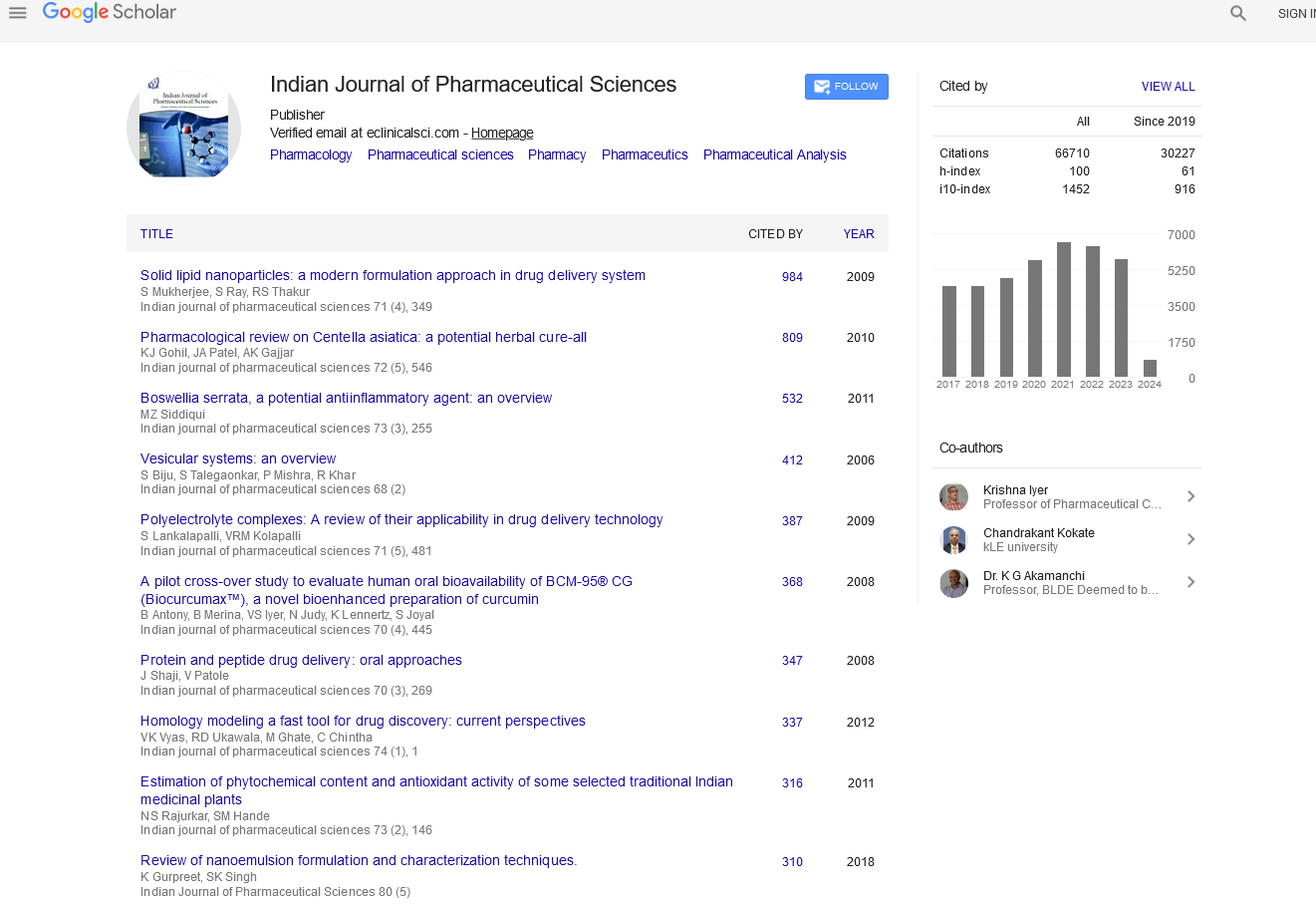Abstract
Mosla punctulata inhibits mast cell-mediated allergic reactions through the inhibition of histamine release and inflammatory cytokine production
1 CMRI, Department of Pharmacology, School of Medicine, Kyungpook National University, Daegu-700 422, Korea 2 College of Pharmacy, Woosuk University, Jeonju-565 701, Korea
Correspondence Address:
S H Kim CMRI, Department of Pharmacology, School of Medicine, Kyungpook National University, Daegu-700 422 Korea E-mail: shkim72@knu.ac.kr
Allergic inflammatory diseases such as food allergy, asthma, sinusitis and atopic dermatitis are increasing worldwide. This study examined the effects of aqueous extract of Mosla punctulata on mast cell-mediated allergic inflammation and studied the possible mechanism of action. Aqueous extract of Mosla punctulata inhibited compound 48/80-induced systemic and immunoglobulin E-mediated local anaphylaxis and it also reduced intracellular calcium level and down-streamed histamine release from mast cells. In addition, aqueous extract of Mosla punctulata decreased gene expression and secretion of tumour necrosis factor alpha, an important proinflammatory cytokine, in mast cells. The inhibitory effect on tumour necrosis factor alpha expression was nuclear factor kappa B dependent. The results indicate that aqueous extract of Mosla punctulata inhibited mast cell-mediated allergic inflammatory reaction by suppressing histamine release and expression of tumour necrosis factor alpha, and involvement of calcium and nuclear factor kappa B in these effects. Hence it can be concluded that, the aqueous extract of Mosla punctulata might be a possible therapeutic candidate for allergic inflammatory disorders.





